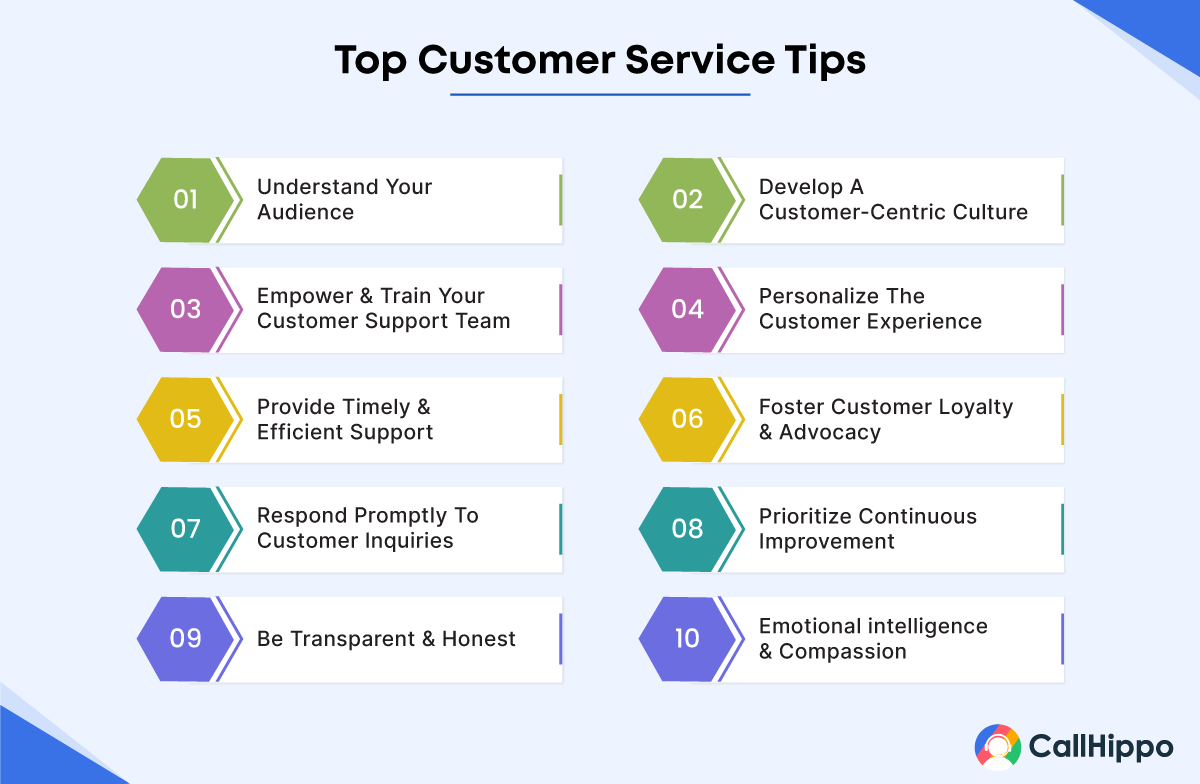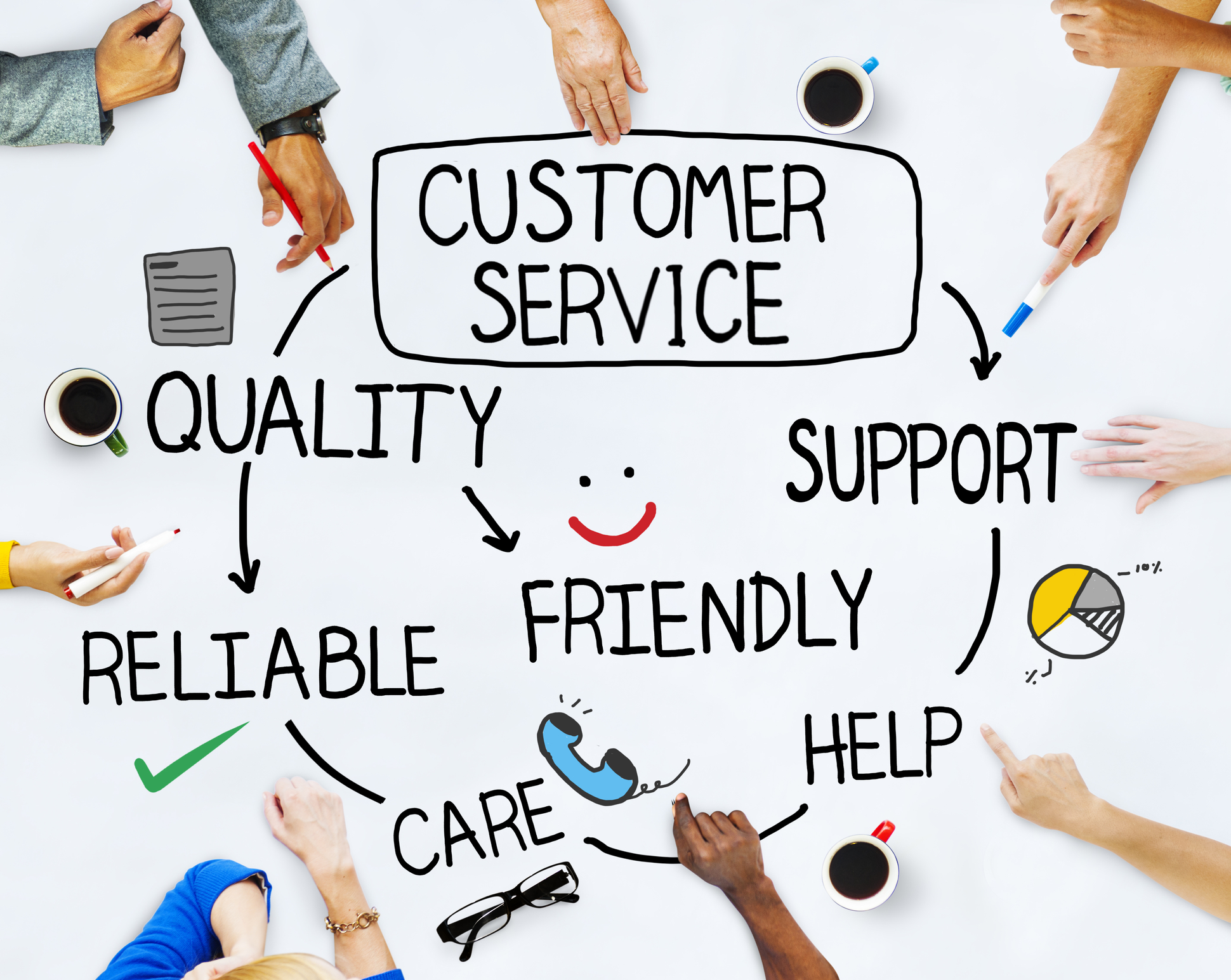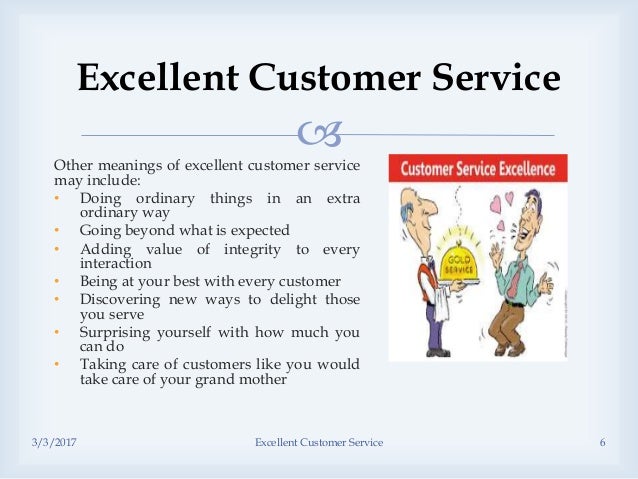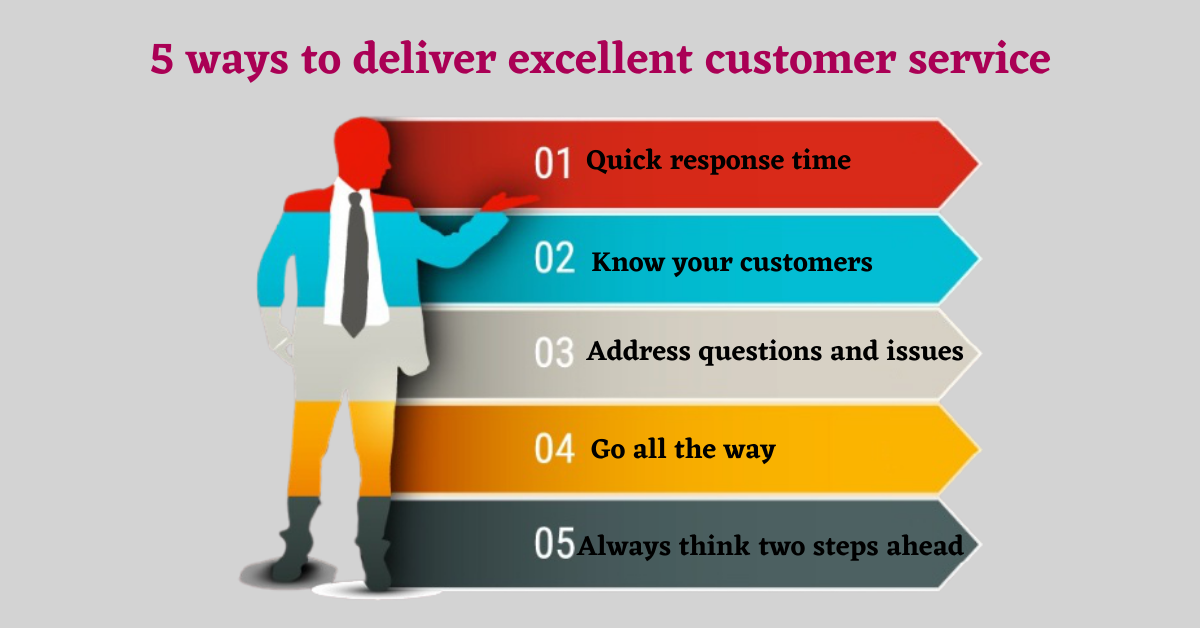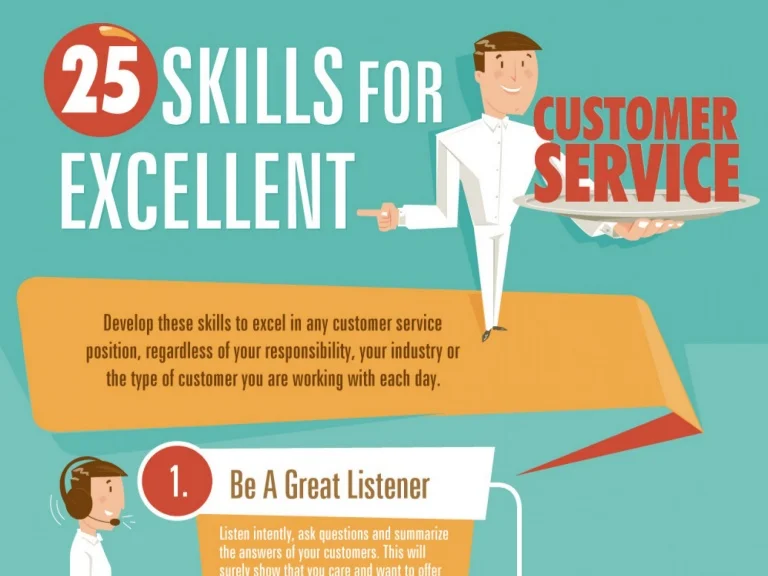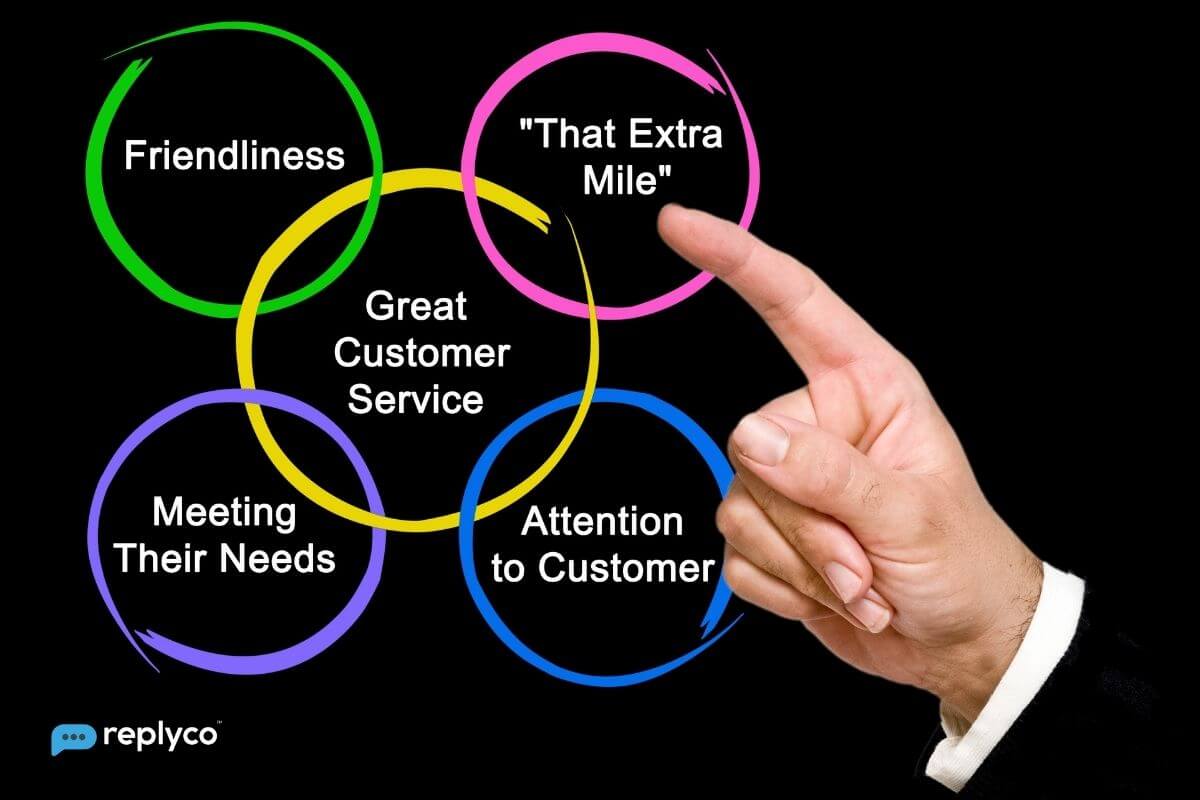How To Offer Excellent Customer Service

In today's hyper-competitive marketplace, where consumers are bombarded with choices and have instant access to information, customer service has transcended its traditional role. It’s no longer just about resolving complaints; it's the cornerstone of building lasting relationships, fostering brand loyalty, and driving sustainable business growth. Poor customer experiences can quickly go viral, damaging a company's reputation and impacting its bottom line, making exceptional service a crucial differentiator for success.
This article will explore the key strategies and best practices for delivering excellent customer service, drawing on industry insights and research to provide a comprehensive guide. We will delve into understanding customer needs, empowering employees, leveraging technology effectively, and proactively addressing potential issues to create positive and memorable interactions that set businesses apart.
Understanding the Customer is Paramount
At the heart of excellent customer service lies a deep understanding of the customer. This means going beyond basic demographics and delving into their needs, expectations, and pain points. According to a report by Forrester Research, companies that lead in customer experience achieve significantly higher revenue growth than those that lag behind.
Gathering customer feedback through surveys, focus groups, and social media monitoring is essential. Analyzing this data provides valuable insights into areas where improvements can be made and allows businesses to tailor their services to better meet customer expectations.
Creating detailed customer personas can help employees empathize with customers and anticipate their needs. This proactive approach ensures that interactions are personalized and relevant, fostering a sense of connection and trust.
Empowering Employees: The Key to Exceptional Service
Frontline employees are the face of the company and play a critical role in shaping customer perceptions. Empowering them with the knowledge, skills, and authority to resolve issues independently is crucial for delivering exceptional service. According to a study by the Harvard Business Review, empowered employees are more engaged, motivated, and likely to go the extra mile for customers.
Providing comprehensive training on product knowledge, communication skills, and conflict resolution is essential. Employees should also be given the autonomy to make decisions that benefit the customer, without having to navigate bureaucratic hurdles.
Creating a supportive and collaborative work environment fosters a culture of customer service excellence. Recognizing and rewarding employees who consistently deliver outstanding service reinforces positive behaviors and motivates others to follow suit.
Leveraging Technology for Seamless Interactions
Technology plays an increasingly important role in delivering efficient and effective customer service. From live chat and chatbots to CRM systems and self-service portals, there are numerous tools available to enhance the customer experience.
Implementing a CRM system allows businesses to track customer interactions, personalize communications, and proactively address potential issues. According to data from Salesforce, companies that use CRM systems experience significant improvements in customer satisfaction and retention rates.
Offering multiple channels for customer service, such as phone, email, chat, and social media, provides customers with the flexibility to choose the method that best suits their needs. Ensuring that these channels are integrated and consistent provides a seamless and cohesive experience.
Proactive Service: Anticipating and Preventing Issues
Excellent customer service is not just about responding to problems; it's about anticipating and preventing them. This proactive approach demonstrates a commitment to customer satisfaction and builds trust. Amazon, for example, is renowned for its proactive approach to addressing potential issues before they escalate.
Regularly monitoring customer feedback and identifying recurring issues allows businesses to take corrective action and prevent future problems. Implementing a robust quality control system can also help identify and address potential issues before they impact customers.
Communicating proactively with customers about potential delays or disruptions can help manage expectations and prevent frustration. Providing clear and concise information empowers customers to make informed decisions and reduces the likelihood of complaints.
Looking Ahead: The Future of Customer Service
The future of customer service will be shaped by evolving technologies and changing customer expectations. Artificial intelligence (AI) and machine learning (ML) will play an increasingly important role in personalizing interactions, automating routine tasks, and providing real-time support.
Businesses that embrace these technologies and prioritize customer experience will be best positioned to succeed in the long term. They must commit to creating a culture of customer service excellence, where every employee is empowered to deliver exceptional experiences that build loyalty and drive growth.
Ultimately, excellent customer service is not just a department; it's a philosophy that should permeate every aspect of the business. By prioritizing customer needs, empowering employees, leveraging technology effectively, and proactively addressing potential issues, businesses can create lasting relationships and achieve sustainable success.



